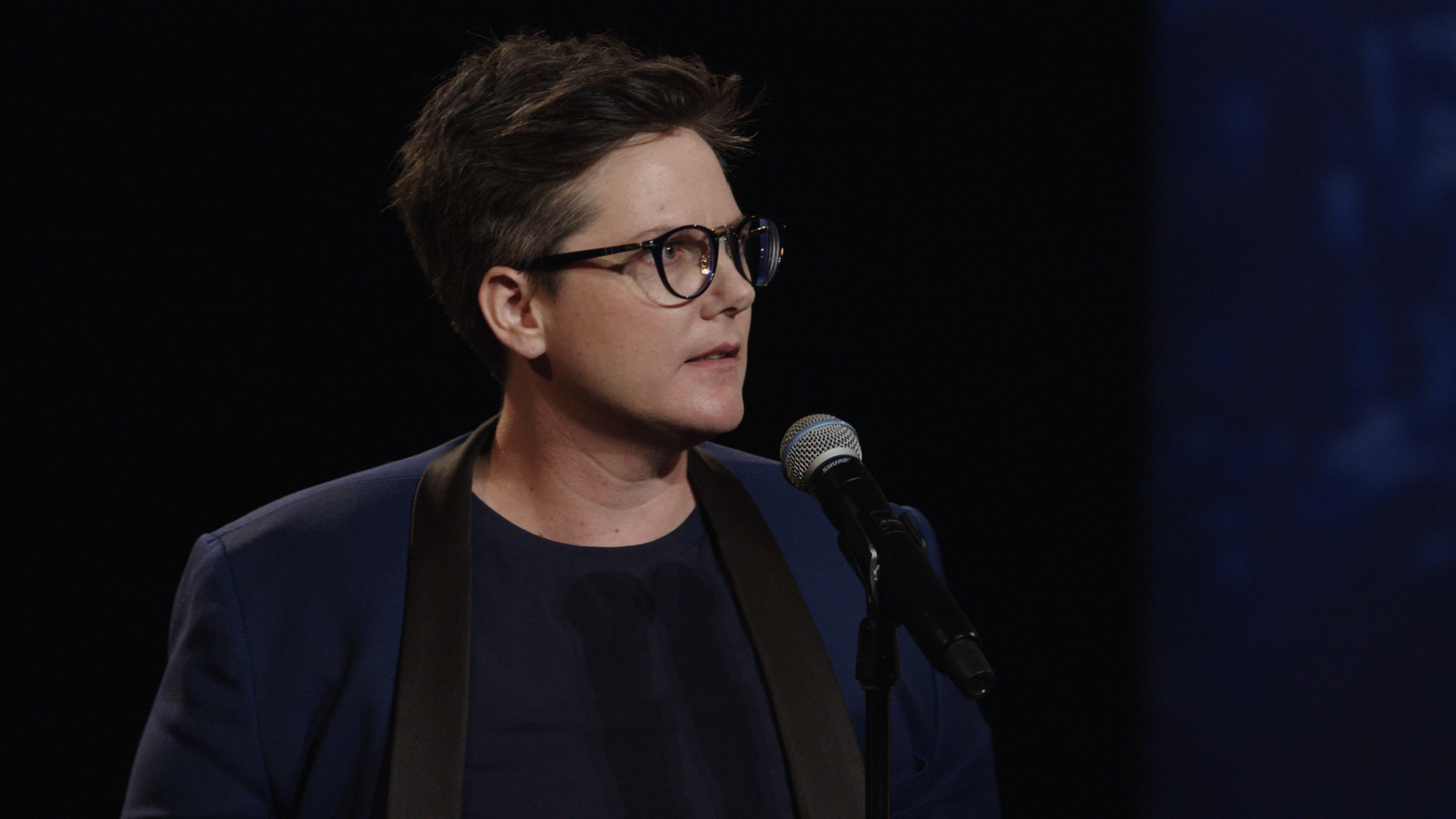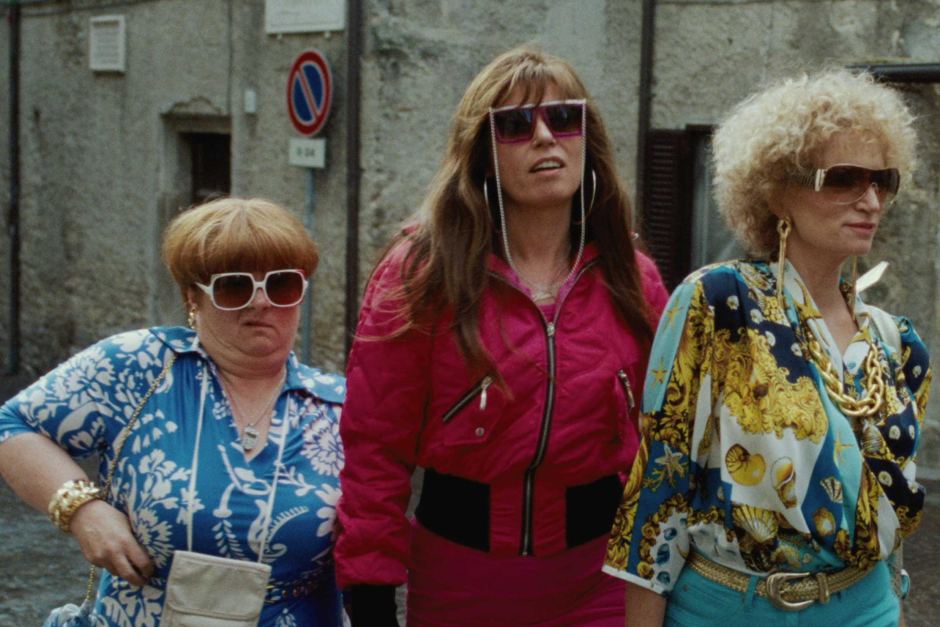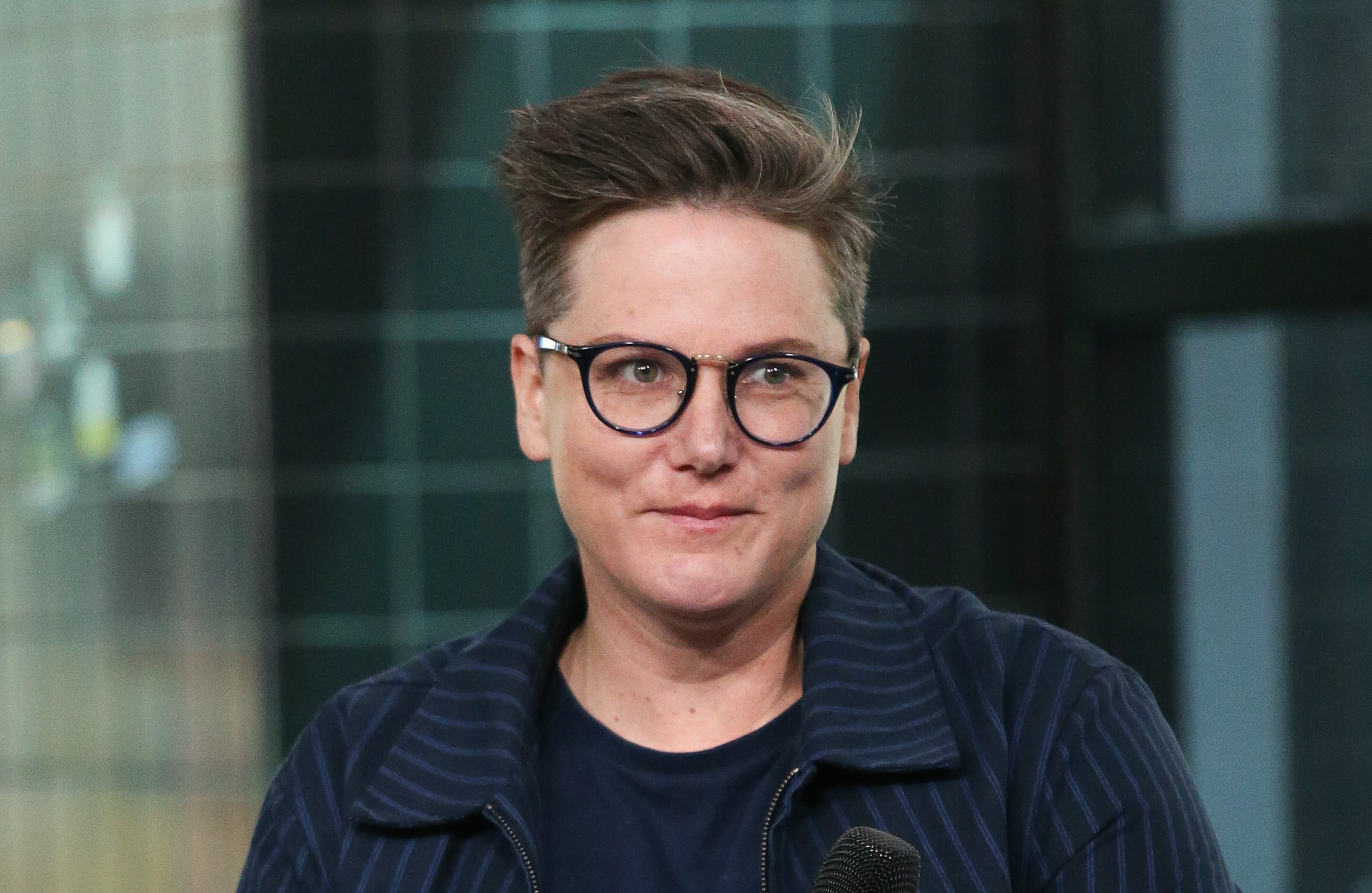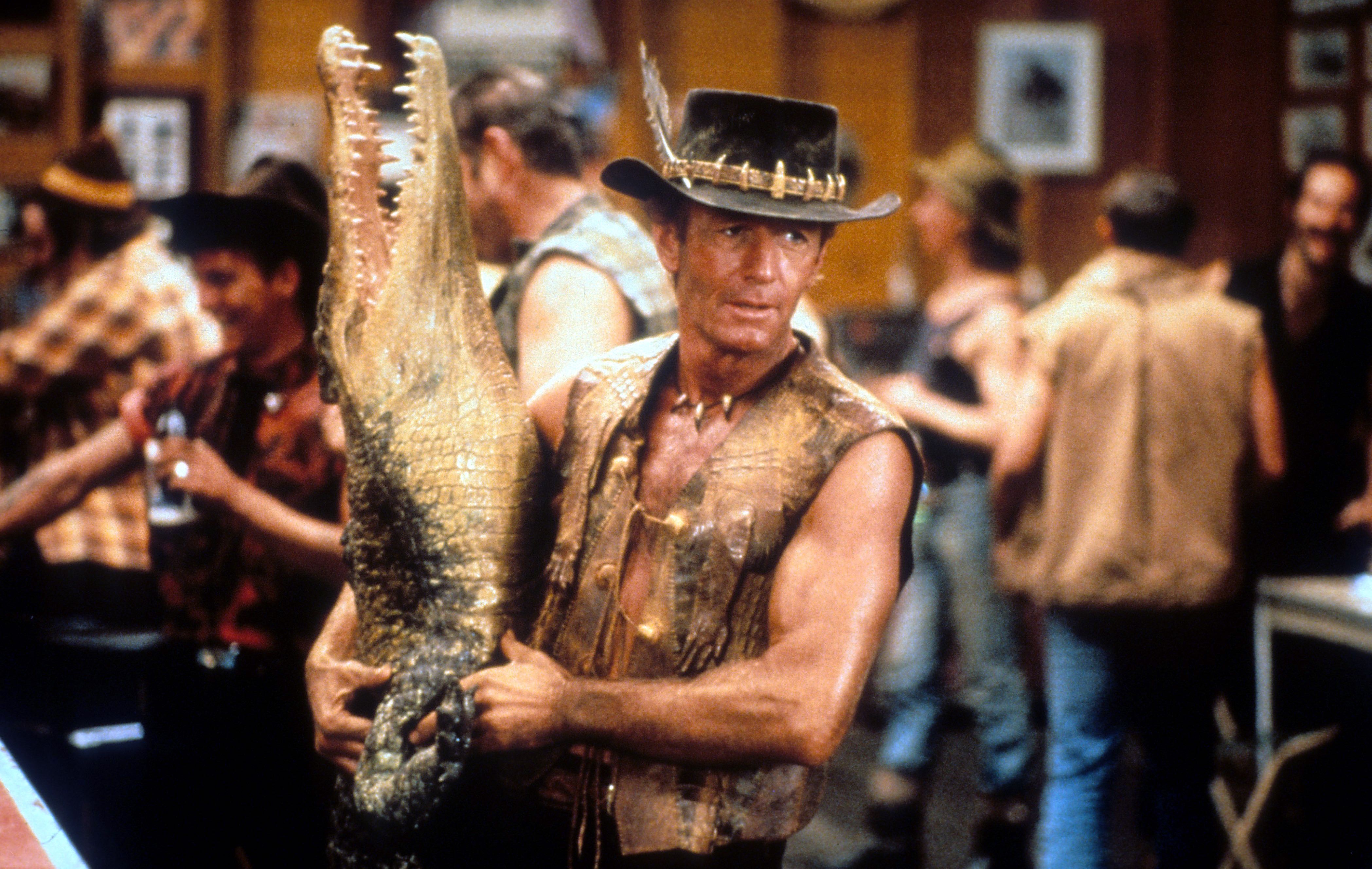
Nanette, self-deprecation and when not to use it

Hannah Gadsby has shone a light on the dark side of Australians’ fondness for self-deprecation
Published 24 August 2018
There are many elements of Australian culture that I truly value and they are often found in our sense of humour.
Whether it is the irreverence, the irony, the larrikinism, or hyper-realistic mockery of cliché’s and stereotypes in Baz Luhrmann’s films, these comedic tools capture aspects of our culture that I truly hope we never lose.

There is one aspect of Australian culture in comedy that I think, in particular, sets it apart and speaks to something I am especially fond of; our self-deprecating humour.
When travelling overseas I have often referred people to The Castle if they really want to understand Australian culture.
The film both celebrates and mocks our satisfaction with simplicity, our backwater past, our readiness to give it a go, our lack of class awareness, but also our strong sense of fairness and mateship. Other cinematic examples include Kath & Kim, Barry McKenzie and even Crocodile Dundee.

But one reason that self-deprecation has become a staple of Australian humour is due to what is often referred to as our ‘tall poppy syndrome’. Perhaps more a way of life than a syndrome, Australians are quick to bring themselves and those around them back to ground-zero.
As a colony of convicts, we are sensitive to anyone who tries to climb the ranks.
While our American colleagues are sometimes left bewildered and a little embarrassed by our self-deprecation, this tendency has served us rather well in relations with our neighbours in the Asia Pacific, who have a saying that “the nail that sticks out gets hammered down”.
Self-deprecation can provide for a sense of humility, and this can build authentic social connection with others, undercut pretention and build trust.
It might also ‘keep the bastards honest’ as one politician once put it.
When self-depreciation should be left on the shelf
My love of self-deprecation was recently challenged when I watched Hannah Gadsby’s highly acclaimed Nanette.

Gadsby states “I have built a career out of self-deprecating humour, and I don’t want to do that anymore... when it comes from somebody who already exists in the margins... it’s not humility. It’s humiliation”.
Nanette moves from the usual “tension and release” humour, as Gadsby puts it, to a stated refusal to release the tension. She refuses to laugh away her trauma, the prejudice she and others have suffered and to make those she wants to challenge – primarily middle-class white men – feel comfortable.
In this way, Nanette throws a different light on self-deprecation.

Health & Medicine
(Don’t) always look on the bright side of life
While it may be a tool to prevent tall poppies growing among us and for fostering a sense of mateship and comradery, it can also be a mechanism for the powerful to stay on top and to keep the marginalised in the margins.
It occurred to me that what I like about self-deprecation in comedy is that it challenges the status quo, when it pushes back against the human tendency to see ourselves as better than others.
When it comes from a place of marginalisation, however, it challenges nothing and simply serves to maintain our comfort with the status quo.
And for individuals in the margins, self-deprecation can be downright unhealthy, leading to a sense that to be accepted and liked they need to become a parody of themselves. It becomes their responsibility to reduce the tension.
Tom Gleeson knew this when he switched roles with comedian Adam Briggs and turned his Hard Chat segment on the The Weekly show into Black Chat.
Drawing on the American style roast, Gleeson understood that he was the one who needed roasting, not Briggs. He allowed himself to be depreciated, and it was funny to watch, but because Briggs, an Indigenous Australian, was bringing a white, middle-class male back to ground-zero.

Briggs is someone who knows that self-deprecating humour is not what he needs to draw on in his various art forms. With his musical act A.B Original, he does not hold back and certainly is not self-deprecating.
He is furious in his approach to cultural mores like Australia Day and uses this fury to challenge the status quo.
Moving australian culture forward

Arts & Culture
Comedy in the trenches
The Australian use of self-deprecating humour in part arose from our refusal to engage with classism, to keep everyone on a level playing field, and to foster the value of ‘a fair go’.
Yet, Nanette reminded me of what a white-middle class male sentiment that really has been.
While we developed these aspects of our culture, we ignored the fact that we had savaged, dominated and near-annihilated the Indigenous peoples of this land.
As we cut down the tall poppies and engaged in our own acts of humble self-deprecation, we had forgotten that we were standing on a land stolen from its ancestors, harbouring a peoples who had been disempowered and disenfranchised.
Amidst our acts of self-deprecating humility, the first major wave of immigrants arrived from Southern Europe. Some 30 years later they too engaged in an act of self-deprecation by reclaiming the racist term ‘wog’ in a TV comedy called Wogs out of Work.
While it did a wonderful job of releasing tension around the racism this group of people had received, in Gadbsy’s terms, it also let the culprits off the hook.

Reclaiming racist terms is an important avenue through to which to assert the marginalised, but again, it suggests it is their responsibility to change the conversation – to endear themselves through acts of self-depreciation.
Australia has changed. It is not as simple as it seemed to be in the past, when we defined ourselves against the tall poppies of the world (and mostly those living in the northern hemisphere).
But, then, that too was a simplified and sanitised version of ourselves.
I still value self-depreciation, and as a middle-class white male, I will aim to make it a part of my culture. But I would encourage those around me – the less advantaged, the marginalised – not to do the same.
If we are going to hammer down the nail that sticks out, then we should also encourage all the nails that have been hammered down too far to challenge us and remind us of our role in letting that happen.
This will not be achieved through self-deprecation.
Banner image: Nanette/Netflix
